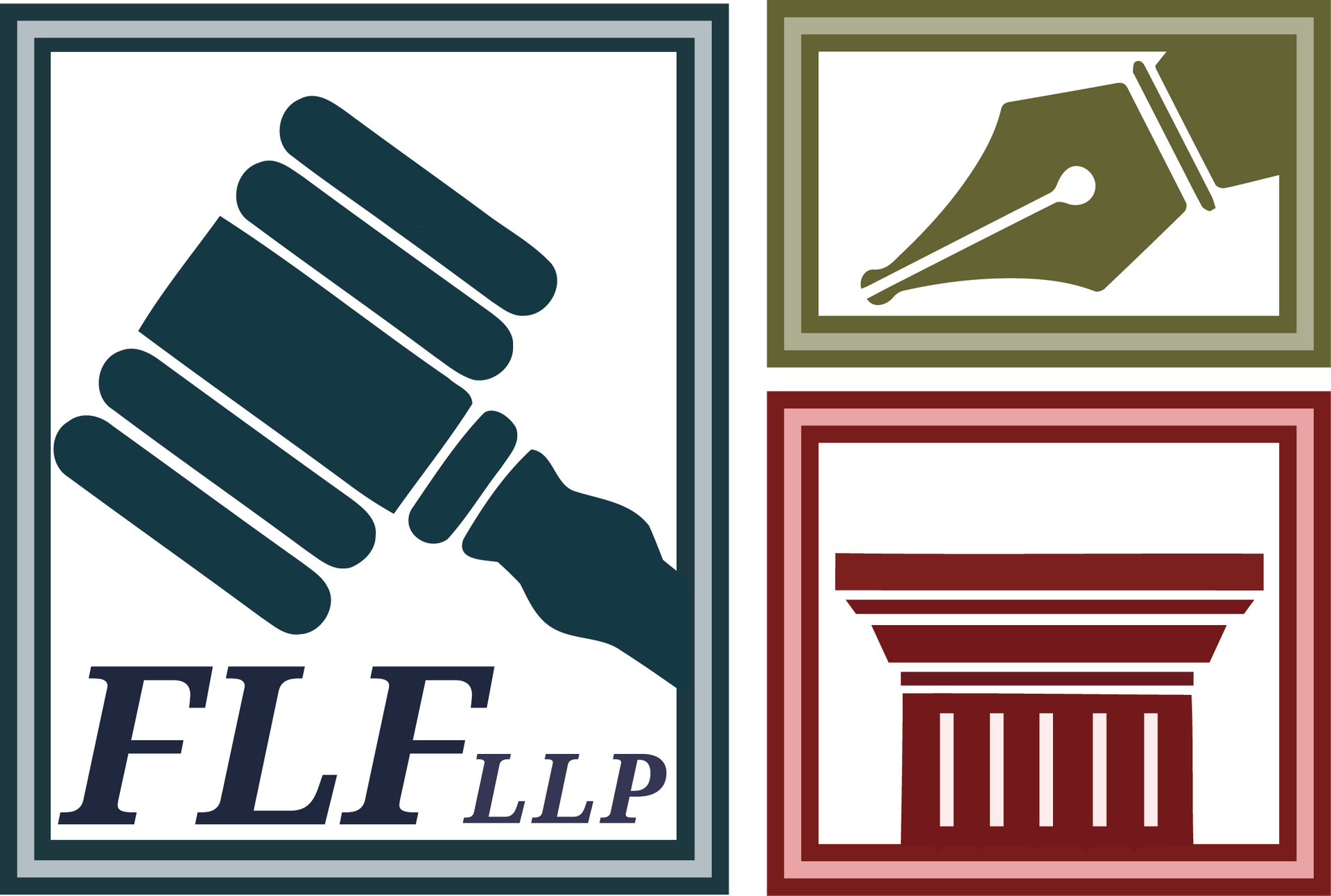Probate
Probate
Probate is the legal process through which a deceased person's will is validated by the court, and their assets are distributed to heirs and beneficiaries according to the terms of the will or state law if there is no will. The process typically involves several steps, including filing the will with the court, appointing an executor or personal representative, identifying and inventorying the deceased person's assets, paying debts and taxes, and distributing the remaining assets to beneficiaries.
However, probate can be a time-consuming and costly process. It can take many months to several years to complete, depending on the complexity of the estate and any disputes that may arise among heirs or creditors. During this time, assets may be tied up in the probate process, making it difficult for beneficiaries to access them promptly.
Probate can be expensive, as it involves court fees, attorney's fees, executor's fees, and other administrative costs. These expenses can significantly reduce the value of the estate and diminish the assets available for distribution to beneficiaries.
Many are concerned that probate is a public process, which means that the details of the deceased person's assets, debts, and beneficiaries become part of the public record. This lack of privacy can be problematic for individuals or couples who value their privacy or wish to keep their financial affairs confidential. It can also lead to unwanted attention from creditors, opportunists, and other parties who may seek to exploit the situation for their benefit.
Probate can be emotionally draining for surviving family members, as it often involves legal disputes, family conflicts, and delays in the distribution of assets. These conflicts can strain relationships among family members and prolong the grieving process, making an already difficult time even more challenging.
Given these drawbacks, many people choose to avoid probate by implementing estate planning strategies designed to transfer assets outside of the probate process. One common approach is to establish a revocable living trust, which allows assets to be transferred to designated beneficiaries without going through probate. By placing assets in a trust, individuals can ensure a smoother and more efficient transfer of assets to their heirs, while also preserving privacy and minimizing costs.
Designating beneficiaries on retirement accounts, life insurance policies, and payable-on-death (POD) or transfer-on-death (TOD) accounts can help keep these assets out of the “probate estate”. These assets pass directly to the designated beneficiaries outside of probate, by passing the need for court intervention.
While probate serves an important purpose in ensuring that a deceased person's assets are distributed according to their wishes or state law, it can be a cumbersome and expensive process. By taking proactive steps to avoid probate through proper estate planning, individuals can streamline the transfer of assets to their loved ones, minimize costs, maintain privacy, and alleviate the burden on their surviving family members.
Feriante Law Firm LLP can assist individuals and couples presently facing a probate or to establish a comprehensive estate plan designed to avoid probate.
Contact Us
LICENSED IN THE STATE OF CALIFORNIA
Address
39899 Balentine Drive, Suite 315
Newark, CA 94560
Contact Us
We will get back to you as soon as possible.
Please try again later.
How can we assist you?

Quick Links
Practice
Contact
39899 Balentine Drive, Suite 315
Newark, CA 94560
Social
The use of this website does not create an attorney/client relationship. Information on this site does not constitute legal advice.
